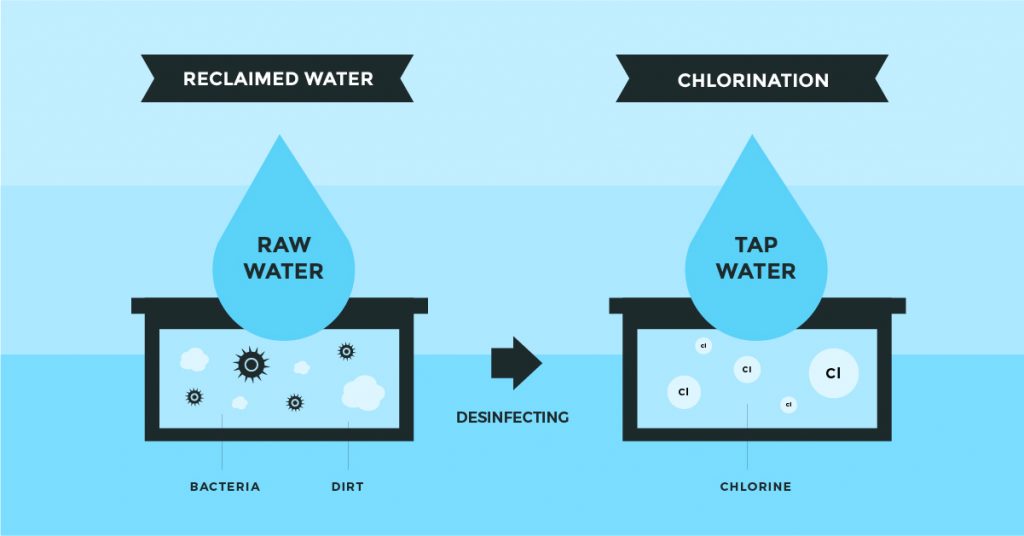Bangladesh, with its dense population and dependence on surface and groundwater, faces persistent challenges in ensuring safe drinking water. While availability has improved over the years, the question of safety continues to dominate public discourse. Contamination from arsenic, iron, salinity, and microbial agents often compromises water quality across the country. This is why monitoring and maintaining essential water quality parameters is critical for public health and sustainable water supply systems.
Understanding Water Quality Parameters
Water quality parameters are the physical, chemical, and biological characteristics of water that determine its suitability for consumption. From clarity and taste to the presence of harmful contaminants, these parameters help assess whether water is safe for drinking or requires treatment.
In Bangladesh, the focus on these parameters is crucial due to widespread dependence on groundwater and frequent contamination risks from industrial, agricultural, and domestic activities.
Water Quality Parameters and Standards
Every nation adopts guidelines to regulate water safety, and Bangladesh follows both national and World Health Organization (WHO) standards. These water quality parameters and standards define permissible limits for contaminants and ensure consistent monitoring.
Some important standards include:
- Microbiological Parameters – Drinking water must be free from harmful microorganisms like E. coli and coliform bacteria. Their presence indicates fecal contamination and a high risk of waterborne diseases.
- Chemical Parameters – Elements like arsenic, fluoride, nitrate, and iron must be monitored closely. For instance, Bangladesh has faced severe arsenic contamination, making this parameter one of the most important.
- Physical Parameters – Color, odor, turbidity, and taste affect user perception and indicate potential contamination.
- Toxic Metals – Lead, cadmium, and mercury must be within safe limits to avoid long-term health risks.
Parameters of Water Quality: Why They Matter
The parameters of water quality provide a roadmap for identifying and treating water contamination. By analyzing these factors, engineers and scientists can decide which treatment methods to apply. For example:
- High iron levels require iron removal filters.
- Excessive arsenic requires advanced adsorption or membrane-based treatment.
- Microbial contamination demands disinfection methods such as chlorination or UV treatment.
Water Quality Parameters for Drinking Water
When it comes to safe drinking water, some specific water quality parameters for drinking water are especially important in Bangladesh:
- pH – Ideally between 6.5 and 8.5 for safe consumption.
- Turbidity – Should not exceed 5 NTU (Nephelometric Turbidity Units).
- Total Dissolved Solids (TDS) – Less than 500 mg/L is considered acceptable.
- Iron – Should be less than 0.3 mg/L, yet many Bangladeshi groundwater sources exceed this limit.
- Arsenic – The WHO guideline is 0.01 mg/L, while Bangladesh’s national standard is 0.05 mg/L due to widespread contamination challenges.
- Microbial Content – Zero coliform bacteria should be present in 100 ml of water.
Monitoring these water quality parameters for drinking water ensures compliance with standards and protects communities from health risks.
The Role of Water Quality Monitoring in Bangladesh
Bangladesh has invested in rural and urban water projects, but ensuring long-term safety requires robust monitoring systems. Regular testing of parameters of water quality at both household and community levels can help identify risks early. Moreover, public awareness campaigns play a crucial role in teaching communities about the importance of safe water practices.
Industries and municipalities also need to adopt modern technologies such as automated sensors, online monitoring, and laboratory testing to maintain compliance with water standards.
Ion Exchange: Elevating Water Quality Standards in Bangladesh
INDION Lampak, developed by Ion Exchange, is a compact and modular unit tailored to meet the drinking water demands of communities and industrial applications. It combines a pump, static mixer, flocculation, lamella clarifier, gravity sand filter, and chemical dosing systems to produce disinfected water with less than 5 mg/l TSS from feed water containing up to 500 mg/l TSS. Easy to operate and low-maintenance, INDION Lampak can be powered by a diesel generator or renewable energy, making it ideal for regions without electricity. Its lightweight, corrosion-resistant materials and space-efficient design ensure easy transport, operation, and upkeep.
INDION NGIRF is an advanced solution for removing dissolved iron, typically found as ferrous bicarbonate in groundwater. Utilizing a catalytic oxidation process, this filter efficiently reduces iron levels to below 0.3 ppm without the need for chemicals. Designed with convenience in mind, it features a corrosion-resistant Fiber Reinforced Plastic (FRP) pressure vessel and PVC pipes. Pre-assembled and tested, the NGIRF comes equipped with user-friendly valves, offering a reliable and easy-to-operate solution for treating water with high iron content.
INDION Water Potability Test Kit is a versatile tool designed to measure eight essential chemical parameters of drinking water as per the Bureau of Indian Standards. Providing quick and accurate results for pH, total hardness, alkalinity, chloride, fluoride, chlorine, iron, and nitrate, this kit is user-friendly and ideal for semi-skilled individuals, offering an affordable way to ensure safe drinking water.
INDION Packaged Sewage Treatment Plants offer decentralized sewage treatment in a compact, single-tank design that produces low sludge volumes and requires minimal electricity, making them highly cost-effective. Available in capacities ranging from 10 to 100 m³/d, these systems are ideal for smaller needs, while advanced options like Fluidized Media Reactor (FMR), Moving Bed Biofilm Reactor (MBBR), and Membrane Bio-Reactor (MBR) processes are available for efficiently handling higher flow rates in larger applications.
Conclusion
Safe drinking water is a fundamental right, but it can only be guaranteed through consistent monitoring of water quality parameters. By adhering to water quality parameters and standards, Bangladesh can ensure protection against contaminants such as arsenic, iron, and microbes. Evaluating key parameters of water quality and focusing on specific water quality parameters for drinking water will help communities access water that is both safe and reliable.


